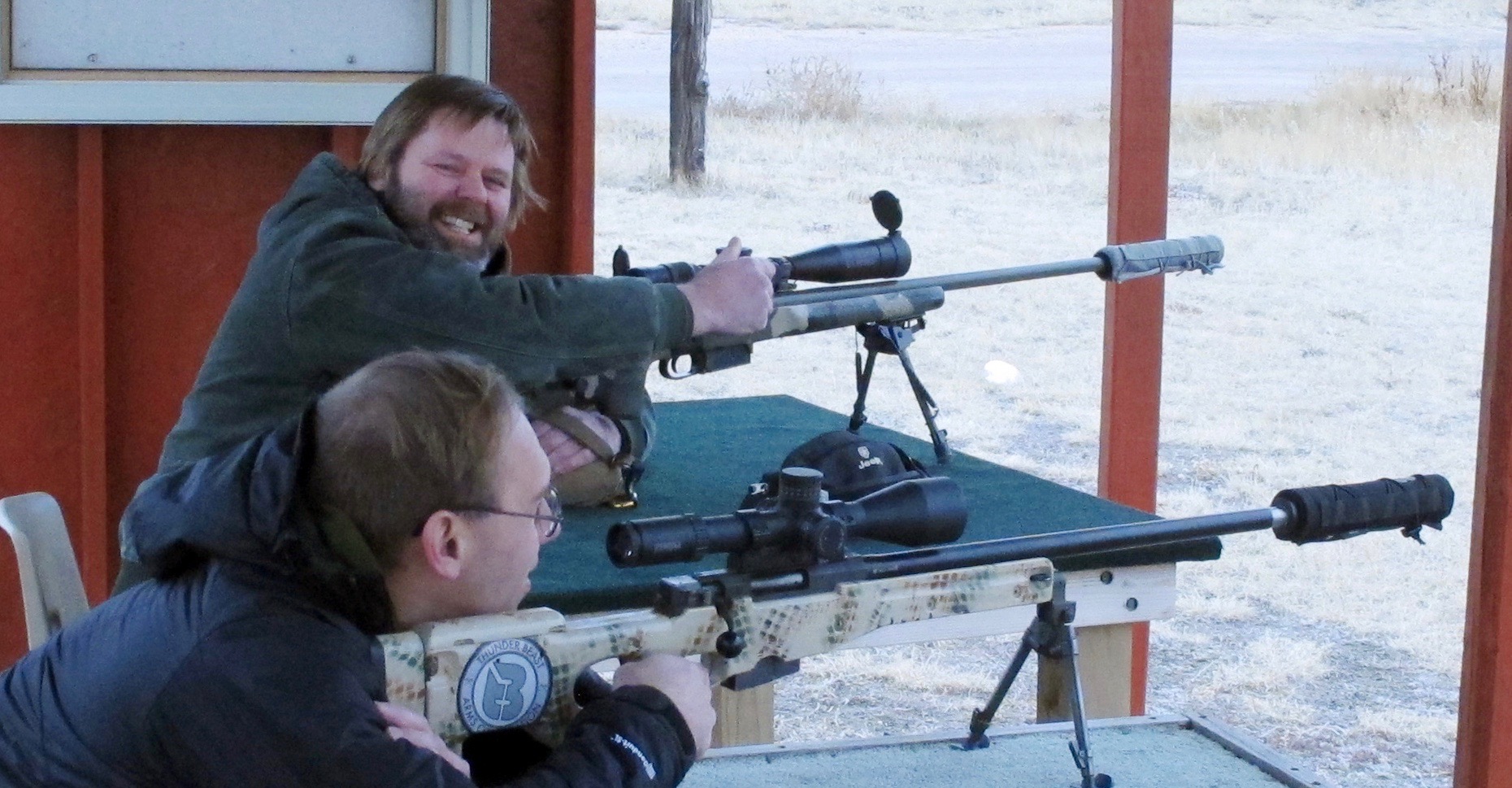Three years ago, in a move intended to signal its profound devotion to gun rights — and opposition to new restrictions being weighed by Congress — the Kansas legislature passed a law that never had any chance of actually taking force.
The “Second Amendment Protection Act” declared that federal laws and regulations do not apply to any gun manufactured in the state, so long as it is marked “Made in Kansas” and remains within the state’s borders at all times after its production.
The law — which, again, was invalid from the outset — also applied to ammunition and firearm accessories made in Kansas. It declared that federal law enforcement agents would be guilty of a felony if they attempted to enforce federal laws regarding these products within state borders.
It’s clear now that the legislators who pushed forward the law were well aware of the unresolvable conflict with federal law and the U.S. Constitution, and that they assumed that Kansans would understand that the act was meant to send a message, not to be taken literally.
But some Kansas gun sellers and buyers apparently didn’t get the memo.
The National Firearms Act of 1934 bans the unlicensed possession, manufacture, and sale of silencers, machine guns, and sawed-off shotguns. Many gun enthusiasts argue that the restrictions on silencers are outdated, and that the devices eliminate noise pollution and may stave off hearing damage.
Shane Cox ran a military surplus store in southeastern Kansas, and after the law took effect, he began producing and selling his own silencers. He assured buyers that federal gun laws would not apply as long as the products stayed within state borders and even handed out copies of the new statute.
Jeremy Kettler, a disabled U.S. Army veteran, bought one of the silencers and posted a video about it on Facebook. Both men were soon charged with violating the federal laws that regulate silencers. Kettler bought the unregistered silencer “because of a piece of paper signed by the governor saying it was legal,” the Associated Press reported.
The Kansas statute purported to nullify federal law, much as states like South Carolina had attempted to do prior to the Civil War. But the Supreme Court has ruled that states simply don’t have this authority. The issue has come up in recent years in the context of the move by some states to legalize marijuana. In Gonzales v. Raich, the Court ruled that federal drug laws still apply to marijuana produced in California because production could substantially affect interstate commerce.
More evidence that the legislation simply wouldn’t work: Other states had tried the exact same thing. In 2009, Montana adopted the Firearms Freedom Act. After federal law enforcement officials warned that “Made in Montana” firearms remained subject to federal regulation, gun rights proponents brought suit asking a court to rule on the validity of Montana’s law. These gun rights activists expressly conceded that their arguments conflicted with binding Supreme Court precedent and so the only way they could prevail would be for the justices to overrule that precedent. The lower courts ruled in favor of the federal government, and the Supreme Court declined to hear the case.
Of course, Kansas lawmakers knew their law had no shot. During hearings on the bill, a representative from the Kansas attorney general’s office warned that the law would face constitutional challenges and requested $225,000 to cover the costs of responding to them.
Just one day after the law became effective, U.S. Attorney General Eric Holder sent a letter to Governor Sam Brownback, warning that the law was unconstitutional and that federal law enforcement agents and prosecutors would continue to take all appropriate action to enforce federal gun laws within the state.
One of the bill’s co-sponsors, former state representative Jim Howell, told the AP that lawmakers knew the measure’s validity would be disputed. “I think these gentlemen understood that when they made a choice to do what they did,” Howell said, of the men arrested over the sale of silencers.
Last month, Cox was convicted of violating federal laws against manufacturing, selling, and possessing unregistered silencers and guns. Kettler, the veteran, was found guilty of possessing the silencer, and has criticized Kansas for “setting up its citizens to be prosecuted.” He also had harsh words for legislators like Howell: “All Kansas lawmakers who passed this law are completely missing in action.” The two men, who face up to a decade in prison, will be sentenced in February.
Allen Rostron is Associate Dean for Students and the William R. Jacques Constitutional Law Scholar and Professor of Law at the University of Missouri—Kansas City School of Law and a former senior staff attorney for the Brady Center to Prevent Gun Violence.

